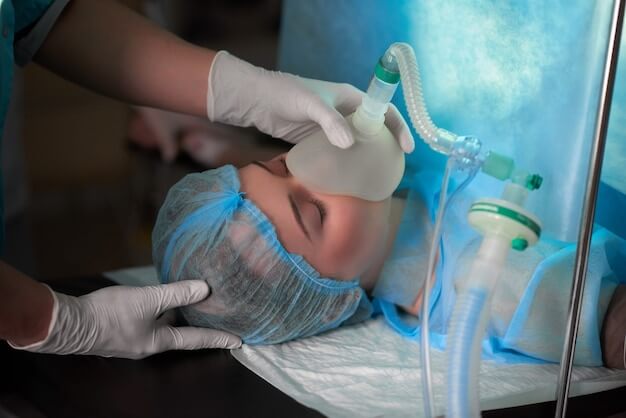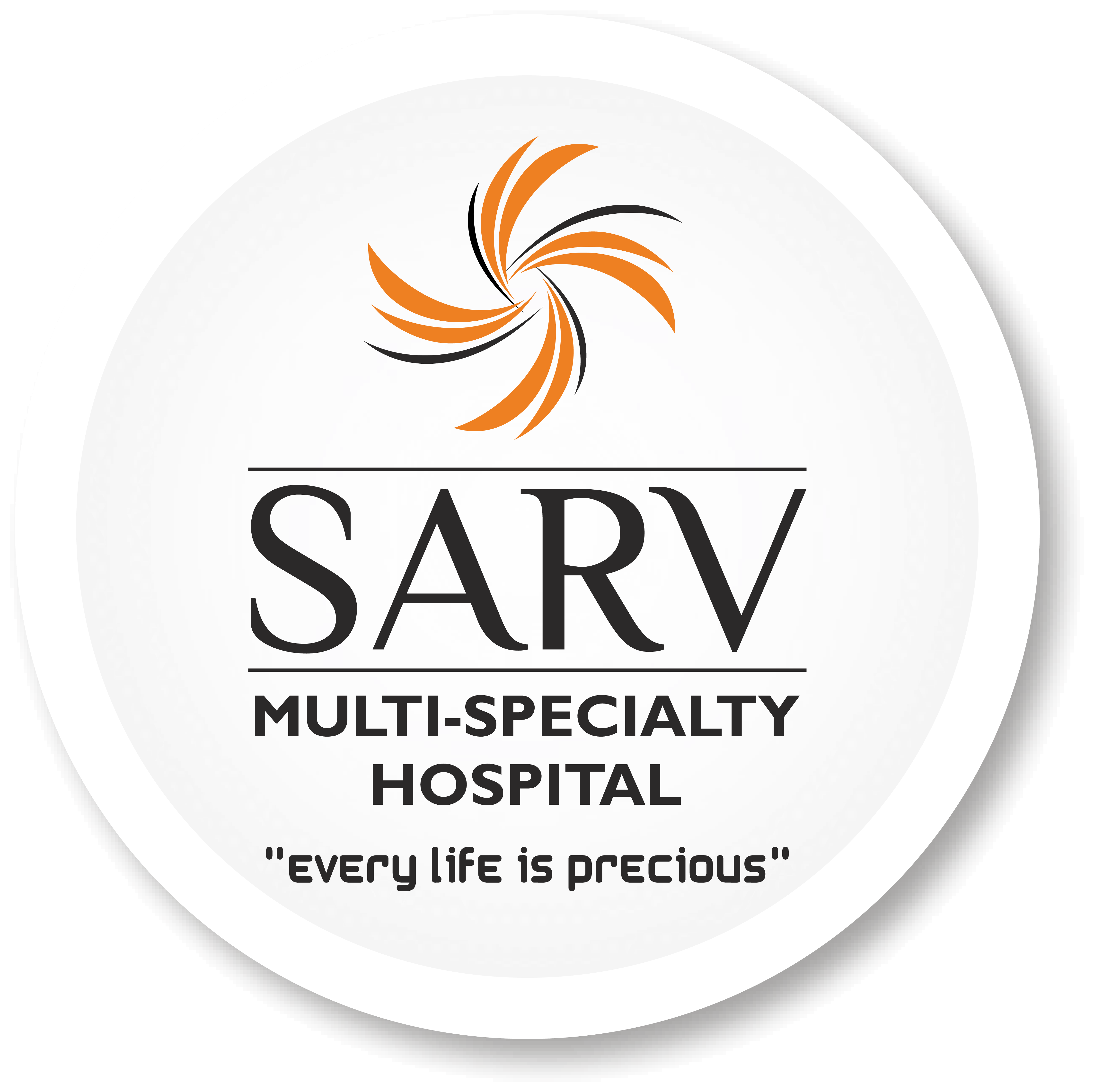Overview of Anesthesiology
Patient-Centered Care
Safety First
Comprehensive Assessment
Types of Anesthesia

At Sarv Multispeciality Hospital, our anesthesiology department is dedicated to enhancing patient outcomes, minimizing discomfort, and contributing to the success of every medical procedure. With a strong emphasis on safety, individualized care, and continuous innovation, we strive to make every patient’s journey as smooth and comfortable as possible.
Types of Anesthesia

General Anesthesia
Regional Anesthesia
This type of anesthesia targets a specific region of the body, numbing only the area where the surgery or procedure will take place. Common forms of regional anesthesia include epidurals and spinal blocks. It is commonly used for surgeries involving the lower abdomen, pelvis, and extremities.
Local Anesthesia
Monitored Anesthesia Care (MAC)
Conscious Sedation

Specialist Doctor
Dr. Harsh Patel
Anesthetist
Dr. Rajesh Patoliya
Anesthetist
Dr. Kalpesh Kumar
Anesthetist
Dr. Rajan Chanpura
Anesthetist
Dr. Jay Bhavsar
Anesthetist
Prompt Care and Support
24 Hour
Emergency
Assistance
Receive prompt care and support with our 24-hour emergency assistance, ensuring your well-being in critical situations.


